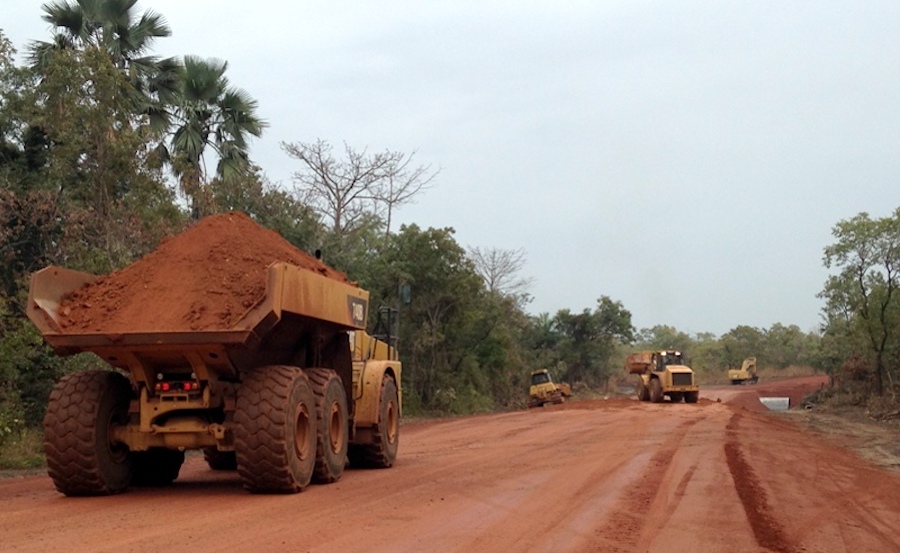
The action argues that the Republic of Mali breached its obligations to Menankoto under the Convention and under the 2012 Mining Code. The arbitration will be conducted by the International Centre for Settlement of Investment Disputes in Paris, France, B2Gold said in the news release.
Menankoto originally filed an extension application for the Menankoto Permit in October 2020, under which the Menankoto permit was originally issued.
The action argues that the Republic of Mali breached its obligations to Menankoto under the Convention and under the 2012 Mining Code
The miner said Menankoto was advised in early March 2021 that the new permit would not be granted, and that a third party had been granted a new exploration permit covering the perimeter of the Menankoto permit.
Menankoto formally notified the Malian Government of the dispute on March 15, 2021, as required under the Convention, including the company’s intention to exercise all available legal rights in the Menankoto Permit area to a third party.
On May 21, 2021, the company was advised that the then current Malian Prime Minister had withdrawn the Menankoto exploration permit decree issued to the third party, resulting in the Menankoto permit once again being available for issuance.
On May 31, based on the guidance from the Mines and Geology National Directory, Menankoto submitted a reiteration of its original Menankoto Permit application, without prejudice to the original application. On June 18, 2021, Menankoto received a letter from the Ministry of Mines, Energy and Water rejecting the application due to the fact that the application had been the subject of a court decision against Menankoto.
The operations at the Fekola mine, which is situated on a separate mining licence 20 kilometres from the Menankoto permit and projected to produce 530,000 to 560,000 ounces of gold in 2021, continue normally and have not been impacted by the dispute relating to the Menankoto Permit, the company said.
In 2020, B2Gold produced 622,518 ounces of gold, an estimated 27% of Mali’s industrial gold production, from the Fekola Mine, generating approximately $300 million in revenues for the State of Mali, comprised of taxes and dividends, the company said, adding that since the Fekola Mine began production in 2017, it has generated about $580 million in revenues for the State of Mali.




